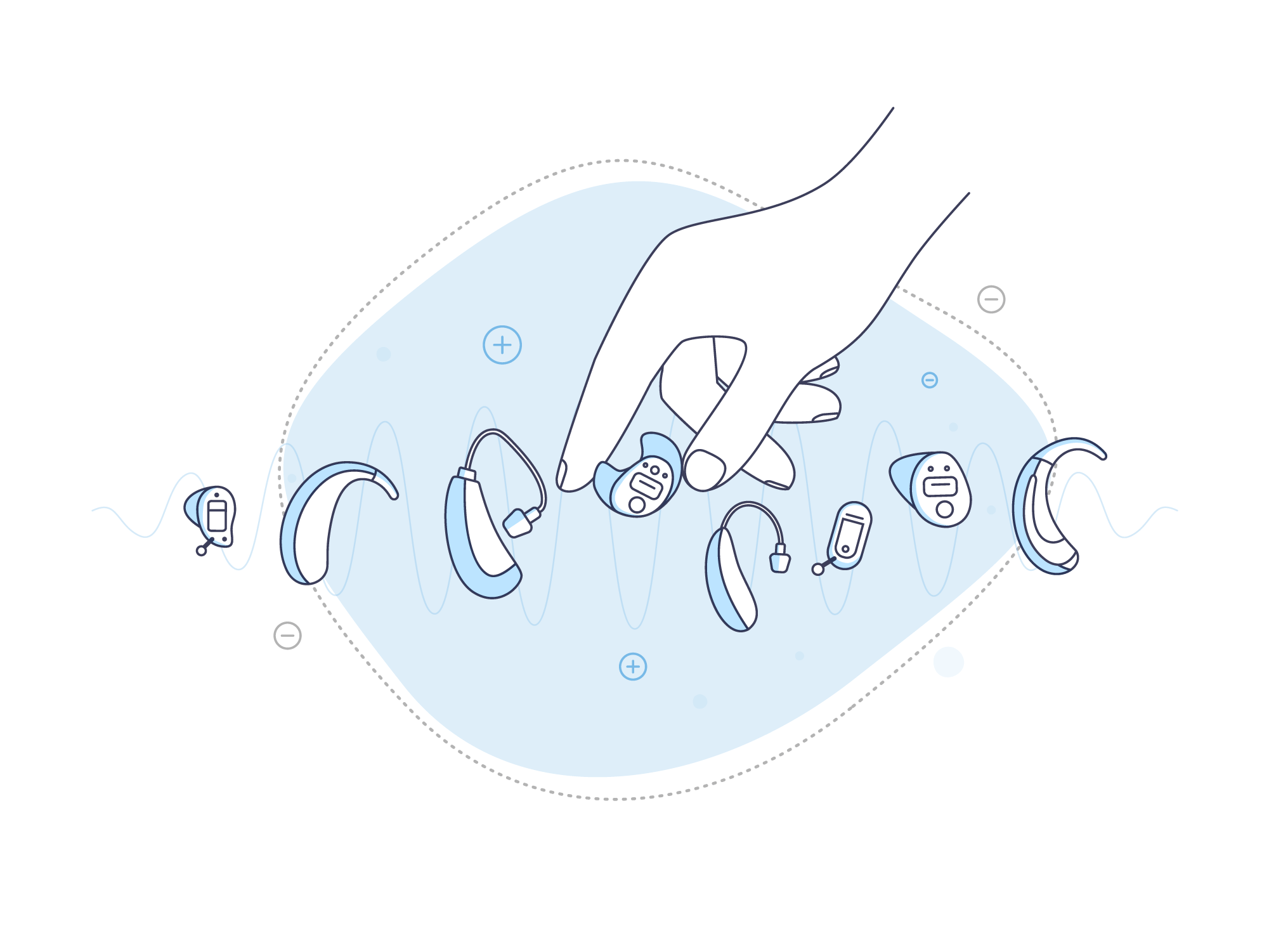A University of Pittsburgh collaboration demonstrates that partnership between pharmacists and audiologists can promote patient hearing health.
By Emily Jacobs
In October 2021, the U.S. Food and Drug Administration proposed a rule to create a new category of over-the-counter (OTC) hearing aids. This would allow some hearing aids to be sold directly to consumers without requiring a medical exam or a fitting by an audiologist. Now that the FDA finalized the rule in August, community pharmacists can expect more patients seeking assistance with hearing health. This has opened the door for new partnership opportunities between pharmacists and audiologists. At the University of Pittsburgh, the School of Pharmacy and the School of Health and Rehabilitation Sciences have incorporated these partnerships into the curriculum.
Under the pharmacy school’s SilverScripts program, student pharmacists visit local senior community centers to complete comprehensive medication reviews to identify drug therapy problems. Student pharmacists have real patient encounters in their first and second professional years. Dr. Lucas A. Berenbrok, associate professor of pharmacy & therapeutics at the University of Pittsburgh School of Pharmacy and the former director of SilverScripts, wanted to add hearing screenings to the program. In 2017, Berenbrok invited Dr. Elaine Mormer, an audiologist with the university’s School of Health and Rehabilitation Sciences, to collaborate. Hearing screenings were added to the SilverScripts program, and student pharmacists were paired with student audiologists to conduct those screenings.
Improved Care for Patients With Hearing Loss
At SilverScripts, students in the audiology and pharmacy programs work together to interview patients about their medications and hearing. When a SilverScripts patient has issues with a hearing aid, for example, the student pharmacist observes how the student audiologist addresses those concerns. If there is a problem with the patient’s medication, the student audiologist observes how the student pharmacist asks questions and assesses the medication’s safety and efficacy. All participating students also better understand how medications may affect hearing.
“Part of our intake when we see a patient who's being evaluated for hearing loss is to ask about their medications,” said Mormer. “I think it's been really helpful for the students to be right there talking about the medications and learning from the pharmacist about what different medications do…medications that are harmful for hearing, that are ototoxic. That is another topic that comes up all the time for both groups of students.”
In 2020, Berenbrok and Mormer developed an online microcredential preparing students to provide safe and effective guidance to patients seeking OTC hearing aids in the community pharmacy. The 2.5-hour course is called CHAMP (Championing Hearing Using Accessible Medication Experts at the Community Pharmacy) and is required for all students as part of the pharmacy school’s core curriculum. It is also available as a continuing education course to licensed pharmacists. Students in the program first learn to recognize hearing loss in patients and understand its full impact, including the increased risks for depression, hospitalization and medication errors. Students also learn to help patients establish eligibility for OTC hearing aids, or when to connect them with local audiologists. Additionally, participants learn better methods for communicating with individuals with hearing loss.

